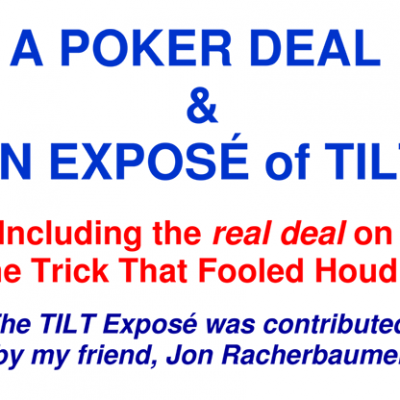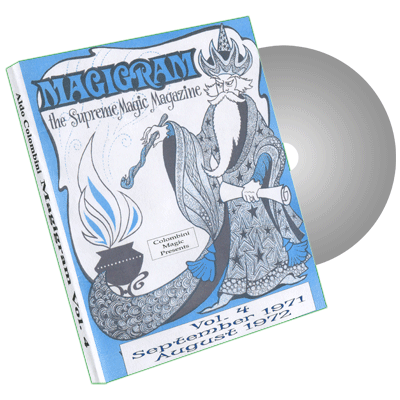Description
Fernando çs is one of the great “cartomagos” and magic award winners from Brazil. Fernando is a writer, lecturer, speaker and professor of card magic, theory magic, and philosophy magic.
You will learn from Fernando çs effects such as:
Open Prediction (Paul Curry) Fernando çs Version
The magician reveals the value of a card in advance (an open forecast) and gives a deck of cards to a spectator to shuffle. The spectator then deals the cards face down on the table and can stop any time he wants to. When the spectator stops, he separates the card he stopped at and places it face down next to the table. When the card is turned over it coincides exactly with the original open prediction.
Have a Date (Aldo Colombini)
The magician has a calendar containing a card drawn on each day of the year. The magician shows the calendar to the spectator so that he can check that the drawings and the days are all different throughout the calendar. The magician asks the spectator to think of a day and month of the year. The spectator thinks and the magician requests that he open the calendar to that exact day and that he remembers the card drawing from that day. The magician concentrates and says exactly the value of the card drawing from the spectators chosen date. After the climax, the magician tells the spectator that at the end of the calendar there is an envelope. The spectator finds it and removes a card from inside and it is the exact card that matches the drawing on the spectator’s chosen date.
Perpetual Calendar (Richard Volmer)
Another calendar effect now using a deck to select a card that matches the prediction of an envelope.
Dunbury Aces (Charlie Miller)
A classic effect of the old card manipulation. The magician asks a spectator to select a card and tries to find it in stages within the deck.
Kaleidoscpio (Roy Walton)
Kaleidoscope Charter is a direct effect using the resources of only 4 cards, and taking advantage of all the properties that Elmsley counting favors.




